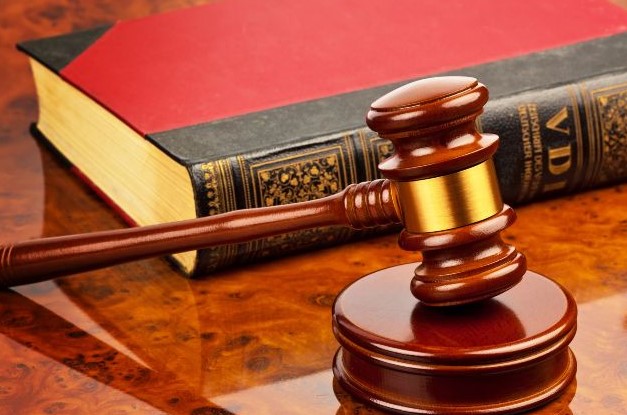FTX’s International Customers Lawyer Up, Ask Judge to Rule That Customer Assets Aren’t Property of FTX Estate

Attorneys symbolizing FTX.com’s non-U.S. buyers have joined the bankruptcy fray, submitting a motion on Wednesday inquiring a Delaware judge to rule that buyer belongings locked in the collapsed exchange are shopper residence – not assets of the FTX estate.
The ad hoc committee of international creditors signifies 18 worldwide customers of FTX with a collective $1.94 billion in assets locked on the FTX system.
The ad hoc committee’s motion, on its confront, is clear-cut. In contrast to other unsuccessful crypto loan companies such as Celsius Network and Voyager Digital, which ended up equally lawfully authorized to commit consumer cash to crank out produce, FTX’s phrases of company are crystal clear: Buyer assets belong to customers, and FTX didn’t have the suitable to touch them.
Despite the unambiguous language of FTX’s phrases of assistance, attorneys for the advert hoc committee say they assume pushback from FTX, which has so significantly been restricted-lipped on the difficulty of consumer funds.
One of the advertisement hoc committee’s attorneys, Erin Broderick, a Chicago-dependent attorney with the agency Eversheds Sutherland, advised CoinDesk that 1 reason FTX could be preserving silent about what to do with shopper funds is that the company’s lawyers and executives could need them to defray running fees.
“The professional expenses in this situation are huge,” Broderick said. “I imagine they’ll drive back again … and part of that is ‘Well, how do you spend costs?’”
FTX’s executives are not the only types who have kept mum about the difficulty of client funds – so, far too, has the Formal Committee of Unsecured Lenders. Broderick told CoinDesk that the committee’s silence could be due to the fact voicing an viewpoint on the ownership of client property could be a conflict of interest.
“Even while the formal committee is composed entirely of FTX.com consumers – there is no U.S. clients, there is no basic unsecured lenders – searching for a determination that assets belong to the consumers rather of the estate as a total could be a conflict of curiosity,” Broderick reported.
Broderick is hopeful, on the other hand, that the formal committee could toss its body weight guiding the advertisement hoc committee’s proposal.
“Now, they can be goal and intervene in guidance to say ‘Hey, [we] browse the papers and that’s appropriate, we want all collectors to be acknowledged for their rightful positions,’” Broderick claimed. “I feel that’s honest. But the fiduciary duties of the official committee – they operate to all general unsecured creditors, and the determinations that we’re trying to get are with regard to FTX.com buyers only.”
Blocking ‘dollarization’
Broderick also stated that the advertisement hoc committee’s motion is hoping to reduce the “dollarization” of client claims, which she reported FTX has presently taken a stage toward by listing the greenback value (not the whole amount of money of cryptocurrency) of consumer statements in the creditors matrix.
“But when you dollarize – regardless of what digital asset it is, what sort of asset it is – as of the petition day, that is basically providing the debtors the energy to liquidate whatever’s on the trade and say, ‘This is what you get at the base of the market’,” Broderick explained. “So it is really an important distinction, not just with regard to priorities and distribution timing, but it is actually significant from a valuation standpoint.”
FTX, a crypto trade, submitted for Chapter 11 bankruptcy defense in Delaware on Nov. 11 soon after it unraveled subsequent a CoinDesk report that exposed Alameda Analysis, an affiliated trading agency, was mainly backed by FTT tokens, electronic property that FTX produced out of thin air.




